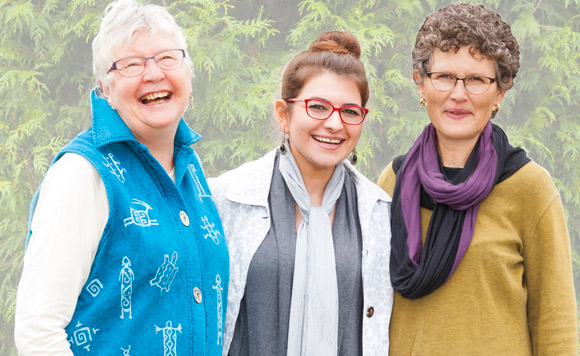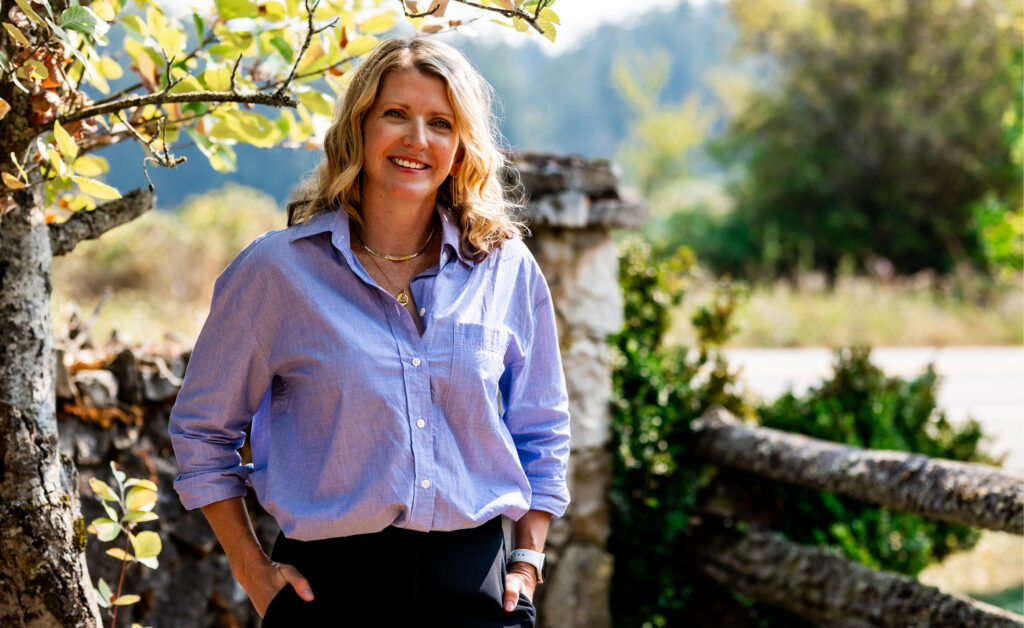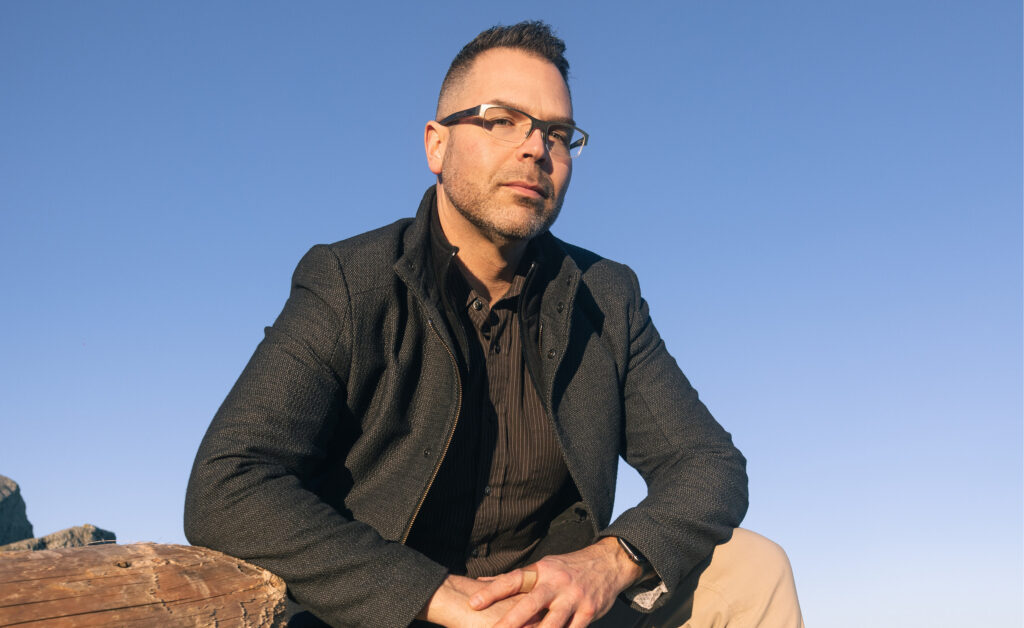Associate Publisher Deborah Rogers Talks With SPRIG Chair Mabel Jean Rawlins and Secretary Nola Silzer.
In September 2015 when the world was confronted by images of Syrians desperate to flee their war torn country – symbolized so heartbreakingly by the story of Alan Kurdi, his tiny body washed up on a Turkish beach – people across Canada wondered what they could do to help. You took that question a step further and put in motion the plan to sponsor a refugee family from Syria to live here on the Peninsula; tell me about the way that has worked out.
In September 2015, St. John’s United Church looked for a way to sponsor a refugee family – a large task that needed to include the wider community. In November a public information meeting was held when Sabine Lehr of the Inter Cultural Association of Victoria (ICA) explained the basics of refugee sponsorship. A few weeks later, there was another meeting and many people signed up.
Refugee sponsorship has three phases. Fundraising came first for us. The 50 people who had come to the meetings were asked to raise an initial $15,000 to prove SPRIG’s capacity to sponsor a family of six. Amazingly by the end of 2016 we had more than 140 contact names and more than $60,000 in the bank.
The application stage was more difficult. First we were to be matched with a refugee family through the ICA but in March Ottawa announced new parameters. Following ICA’s suggestion, we partnered with St. John’s to apply under the Private Sponsorship of Refugees “Community Sponsor” route. In May we were matched with a single mother of four children under the age of 11. Her brother, a recent refugee newcomer to Victoria, is a co-sponsor under the federal Syrian Family Link Initiative. Our application was approved in July. Now we await approval for her immigration application.
Because we still had uncommitted funds in the bank, we decided to sponsor another refugee. Blended Visa Officer Referred (BVOR) refugees are already pre-cleared for travel to Canada and they receive a government allowance for six months, so our funds would go further. In July we were approved to sponsor Fatma, a 21-year-old woman. She arrived on September 29 with her parents and young brother, who are government-assisted refugees supported by the ICA.
Now we are in the settlement phase and are much blessed with a delightful family and the guidance of experienced ICA staff.
With $60,000 raised in just five weeks you must have thought the hard part was over! What challenges have you discovered as you’ve worked together towards your goal?
At the beginning of this journey we were told we would need patience. Despite the tragic images coming from the Middle East, it could take months before the arrival of a sponsored family. “Hurry up and wait” became our motto. In retrospect, those months were an important time for preparation. We attended training sessions; clarified roles; launched our logo, website and Facebook; and formalized partnerships. When we started only a couple of people on the Steering Committee knew each other. Strangers have become friends as we learned how to work with each other toward a common goal.
Your initial call for help led to a wide range of offers both financial and practical. What does it mean for our community to be supporting this family?
This effort makes us more connected to world events and more connected with each other. And then when the newcomers arrive, we become connected to them. It’s a wonderful thing. We get to experience the joy of new friendship and the excitement of watching our new friends adapting to life in Canada.
Tell me about the life that refugees can expect to have here, and some of the challenges they face as they start to make the Saanich Peninsula their home.
People who arrive here as refugees are deeply grateful for the friendship and practical support offered to them. Meanwhile through their struggle to become self-sufficient they face the pain of separation from loved ones and cultural roots; the frustration of being surrounded by an incomprehensible language written in an unfamiliar script; the exhausting effort of relearning the simplest tasks such as taking a bus, going to the bank, dealing with so much rain and looking for familiar food. Fortunately generous donors have furnished their home and there are thrift stores and dollar stores. Housing is a huge challenge on the Peninsula and we were discouraged by some direct resistance to renting to refugees.
Looking forward there is another family coming, a single mom and her four children. How do you feel thinking about them held up in limbo at the moment and what do you hope to be able to offer them when they (hopefully) arrive?
I think about them often. Every sponsorship group undertakes to provide financial and settlement support to the sponsored newcomers for 12 months. Beyond providing the necessities of life, we offer our time and friendship to the families we are sponsoring.
Unique in the world, Canada’s Private Sponsorship of Refugees Program has allowed Canadians to offer protection and a new home to more than 275,000 refugees since its beginning in 1979. Anyone who pays taxes is supporting refugee resettlement (like the 25,000 Syrian refugees resettled between 2015 and 2016) but these privately sponsored refugees are additional and only possible due to the care and compassion of communities. Can you share your thoughts about the way our response to refugees reflects on us as a Nation?
A year ago the media shone a light on the personal tragedies of war. Thousands of us ordinary Canadians found a way to focus our inclination to make the world better. Through the Private Sponsorship Program we are making major personal commitments to welcome strangers into our communities. While we witness the capacity of our species for hate and cruelty, we are proving the huge capacity of humans to care for each other. There is hope.
Photo by www.nuttycake.com.




